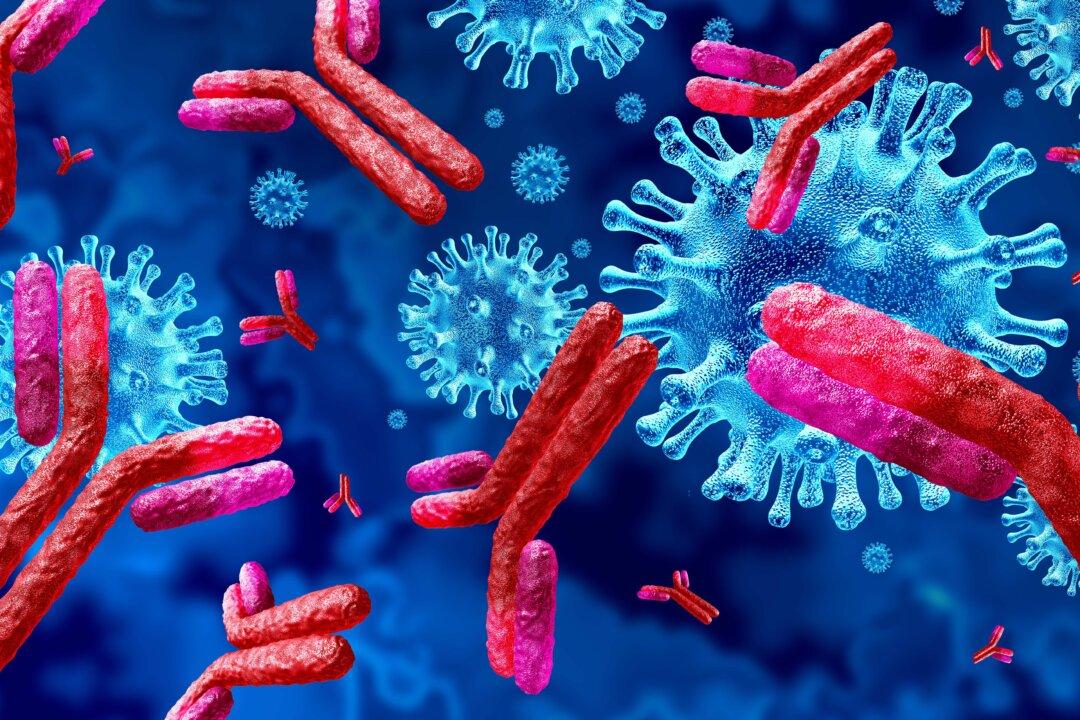As for prevention to viruses, nutrition plays a crucial role and several nutrients are known for their immune-boosting properties and ability to ward against viral infections. As reported in a February 24, 2020 press release:1 2
“In a compelling article3 in Progress in Cardiovascular Diseases … Mark McCarty of the Catalytic Longevity Foundation, San Diego, CA, USA, and James DiNicolantonio, PharmD, a cardiovascular research scientist at Saint Luke’s Mid America Heart Institute, Kansas City, MO, propose that certain nutraceuticals may help provide relief to people infected with encapsulated RNA viruses such as influenza and coronavirus …
COVID-19 is around 30 to 60 times more lethal than the typical annual flu. Both influenza and coronavirus cause an inflammatory storm in the lungs and it is this inflammatory storm that leads to acute respiratory distress, organ failure, and death.






